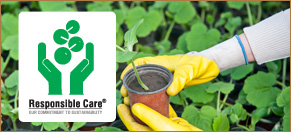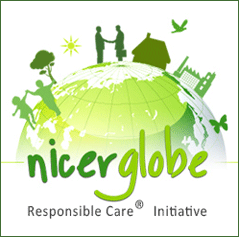



- DR. PRAKASH TRIVEDI
When we go to any book store in India, it is hard to find a popular book on chemistry. One can get a book on quantum, nuclear, neurology, astrophysics, and all sorts of other scientific, esoteric subject but not pertaining to chemical sciences. The Double Helix by James Watson, published in 1970s is probably the last best seller in chemistry!
When we look at real large toms of Penrose, Hawkins, Green or Kaku, on cosmology cum mathematics, we get jealous that there are no comparable writers for chemistry. Even, our sister science, biology, is populated with such extraordinary writers as E. O. Wilson, Thomas Lewis, Richard Dawkins, whose books and essays not only educate and enlighten but also engage us. Many of them are lucid, entertaining, provocative writers with immense range.
No such luck with chemistry? Chemistry, which covers such diversified fields as pharmaceuticals, polymers, fibres, pigments and dyes, petrochemicals, and nearly all aspects of modern living. How is is too daunting a subject for writing a popular book? Even popular scientific journals don't seem to have stomach for it. Only specialist journals cover these and that also mostly for specialists. Daily news papers or magazines like 'The Economist' or a number of Indian magazines have nothing much to do with it, unless they want to condemn some unfortunate aspect of it, mainly pollution or an accident.
This has led to very unfortunate problem of lack of image for chemical sciences at a time when perception generated by various media is all powerful. We find hardly any major spokesman for chemistry as such. There are brilliant communicator for science, research, intellectual property rights, etc. like R. A. Mashelkar and books covering various chemical industries like DuPont, Clariant, Dow that come to mind, there are two coffee table volumes by Reliance on Polypropylene and more recently PVC. But one does not find them, like profusely illustrated books on wild life or environment in Kitab Khana, Crossword or Granth!
This is unnerving since 1984 onwards, when Bhopal tragedy happened, image of chemicals overall has constantly eroded. But what is most disheartening is that Chemical Professionals have not taken to their heart to work together to improve this image. Imagine a world without new developments in chemistry and allied sciences! We will get stuck in a time capsule.
Increasingly, we talk about Sustainable Developments but without stressing enough the advancement arrived at it in daily products. Take for example, the humble plastic grocery bag or plastic packaging, much abused for entirely wrong reasons with no fault of its own! Consider so many countless product and process improvements that have taken place to produce this humble bag or packaging. Besides significant improvements in production processes for resins, material structures, film processing technology, optimisation of various steps including converting resin into film, slitting, printing on it, cutting into required length, packaging these in a bundle, etc. it is shame that after using so many high tech processes, we simply throw it away, not in a dustbin but on the road.
Plastics film teach us some great leaps in sustainability: Use of inexpensive material, low use of water and energy for making it, continued reduction in material for making same product, reusability, ready recyclability, and finally possibility of reconfigure it into some other more enduring products. If now we can only learn to properly collect it and send it for recycling instead of allowing it to litter our gardens, beaches, roads, pavements, sewage system, we will not come up with most unprofitable and harmful slogan like 'Say no to Plastics'.

